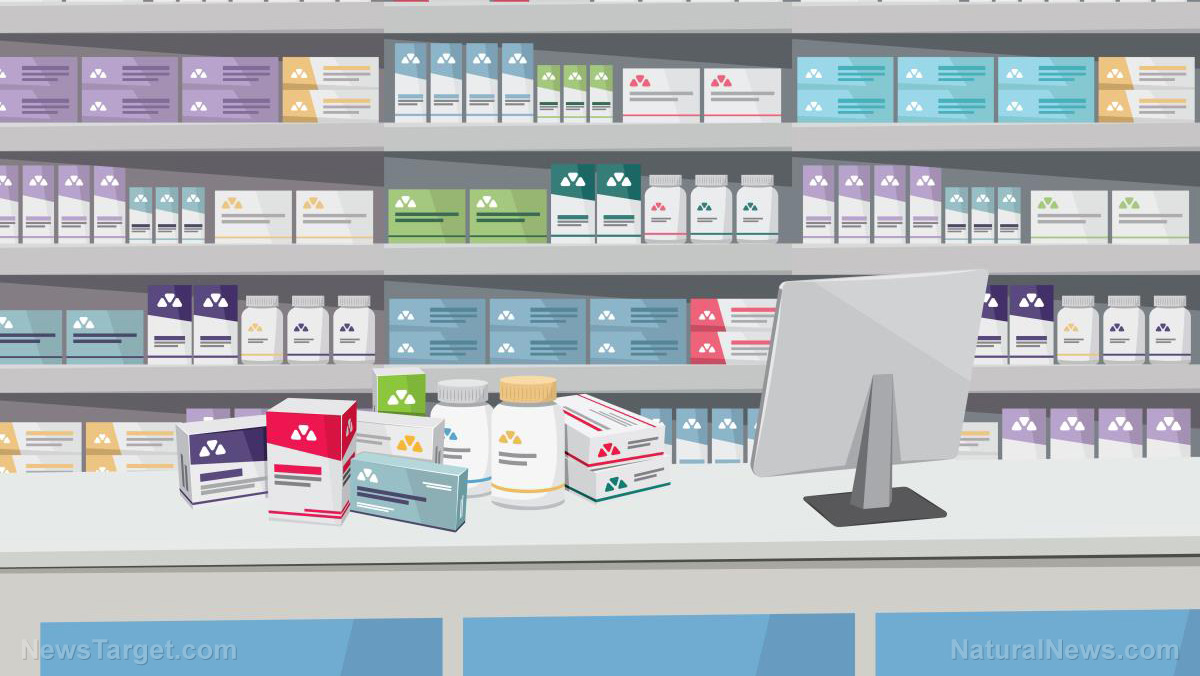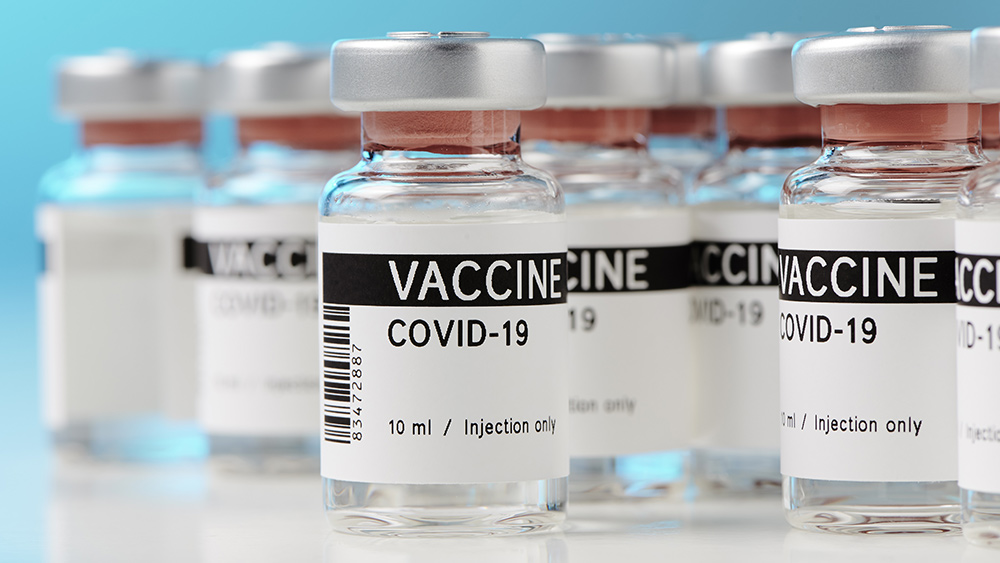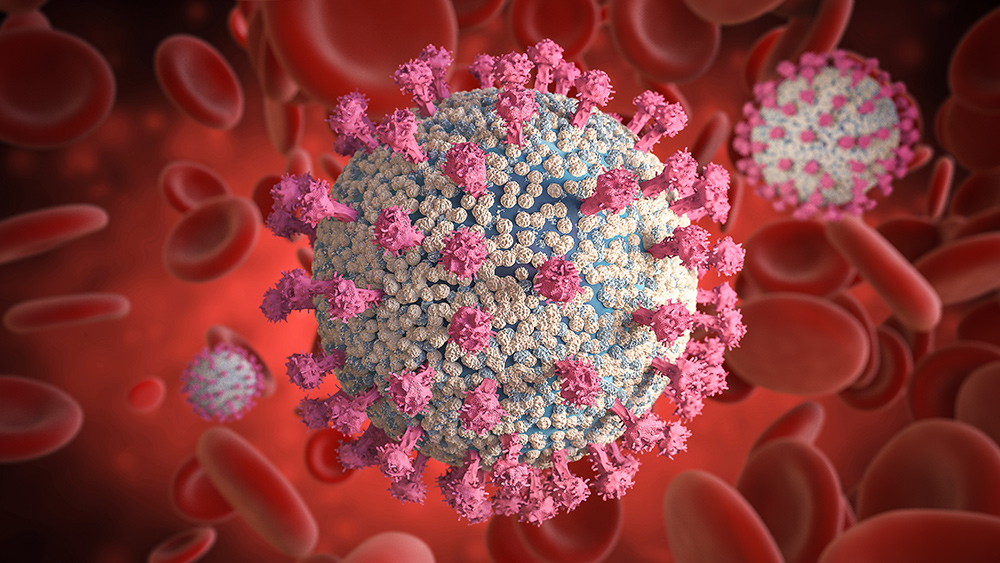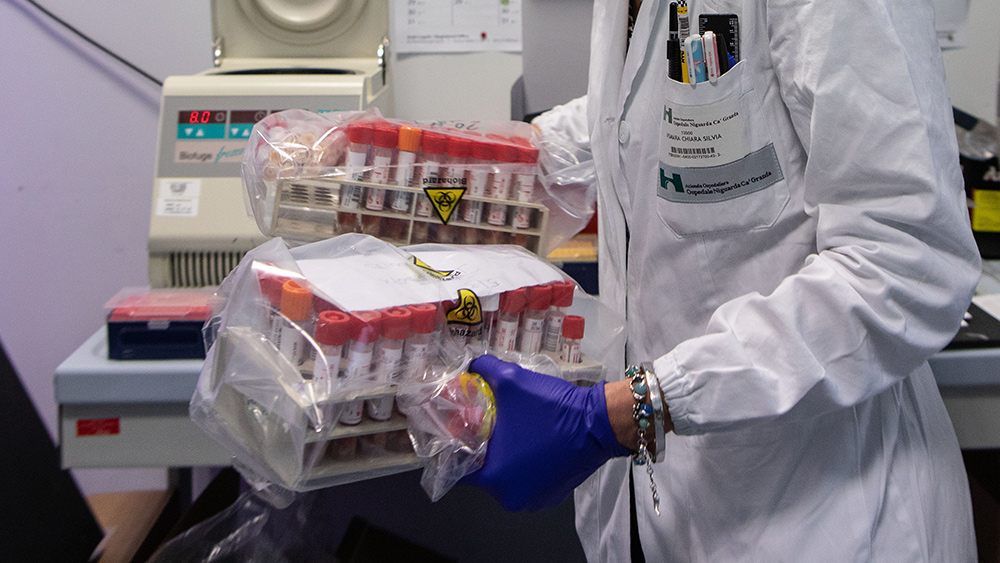Heart health and drug safety: Common cold medications can increase your blood pressure and heart attack risk
06/29/2021 / By Evangelyn Rodriguez

The common cold is caused by a viral infection in your upper respiratory tract. Although it isn’t fatal, it comes with a variety of symptoms that can disrupt your day-to-day activities. Many people depend on over-the-counter (OTC) drugs to deal with these symptoms. But according to recent studies, common cold medications like ibuprofen and decongestants bring more harm than good, especially to those with heart-related conditions.
NSAIDs can increase blood pressure and heart attack risk
Cold symptoms usually appear one to three days after infection. The most common ones include a runny or stuffy nose, sore throat, slight body aches, a mild headache and sneezing. Because the cold virus causes inflammation of the membranes that line the nose and throat, people usually take nonsteroidal anti-inflammatory drugs (NSAIDs) like ibuprofen or aspirin to relieve cold symptoms.
But a study published in the journal American Family Physician warns that the use of certain NSAIDs can lead to serious heart conditions. After conducting meta-analyses of controlled trials that looked at the cardiovascular safety of different NSAIDs, American researchers found that ibuprofen, in particular, increases a person’s risk of hypertension (high blood pressure) and stroke.
Another study published in the Journal of Infectious Diseases also found a link between the use of NSAIDs and acute myocardial infarction (heart attack). A team of Taiwanese researchers looked at data from more than 9,000 individuals who were hospitalized between 2007 and 2011 due to a heart attack. They found that the use of NSAIDs to treat acute respiratory infections like the common cold was associated with a 3.4-fold increase in a person’s heart attack risk.
Interestingly, the researchers also associated acute respiratory infections with a 2.7-fold increased heart attack risk. This is despite the absence of NSAID use. Meanwhile, taking NSAIDs for other purposes besides relieving cold symptoms was associated with a 1.5-fold increased risk. The researchers noted that parenteral NSAIDs (not administered orally), in particular, were linked to a much higher risk of heart attack among the study participants.
Decongestants are dangerous for people with hypertension
Besides NSAIDs, nasal decongestants are also commonly used to relieve common cold symptoms. These medications are designed to unclog a congested nose and dry up postnasal drips. But while these medications can bring relief, health experts warn that people, particularly those with hypertension, should be very careful about using these OTC drugs. (Related: Did you know over-the-counter cold medicines can harm your heart?)
Nasal decongestants work by constricting the blood vessels in the lining of your nose. This action helps reduce tissue swelling and decrease mucus production so that air can pass through your nose more easily. But at the same time, this narrowing of blood vessels can raise blood pressure levels and reduce blood flow in people already suffering from poor blood circulation.
According to Dr. Sandra Taler, a physician at the Mayo Clinic, a lot of people don’t know that blood vessel constrictors like decongestants can cause serious issues for people with hypertension. She also warns that multi-symptom cold and flu medicines that contain NSAIDs can lessen the effectiveness of blood pressure medications. Meanwhile, the American Heart Association cautions that decongestants can interfere with blood pressure medications.
Decongestants are usually sold on their own as pills, nasal sprays or liquid drops. They also come as an ingredient in OTC medications. To find out if an OTC drug contains a decongestant, check the label for chemicals like ephedrine, naphazoline, pseudoephedrine, oxymetazoline or phenylephrine. Meds with the letters “CF” or “D” on the box or bottle usually contain decongestants.
To avoid the adverse effects of conventional cold medicines, opt for natural remedies like chicken soup, ginger and honey tea, garlic and echinacea. Learn more about safe and effective alternatives at Remedies.news.
Sources include:
Tagged Under: Big Pharma, common cold, decongestants, flu medicine, harmful medicine, heart attack, heart health, high blood pressure, hypertension, Nonsteroidal anti-inflammatory drugs, NSAIDs, over-the-counter drugs



















